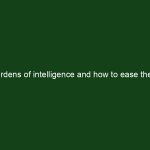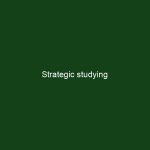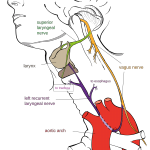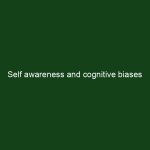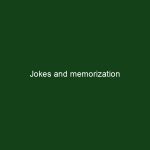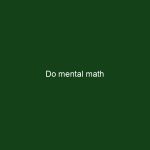Being smart is not always good for you. The negative effects outweigh the benefits above IQ of 160. Our IQ is dynamic and can change as we learn. The knowledge we gain by learning can become a burden unless we know how to handle it. For more information try reading here, here, here, here, and here. …
Continue reading “Burdens of intelligence and how to ease them”

